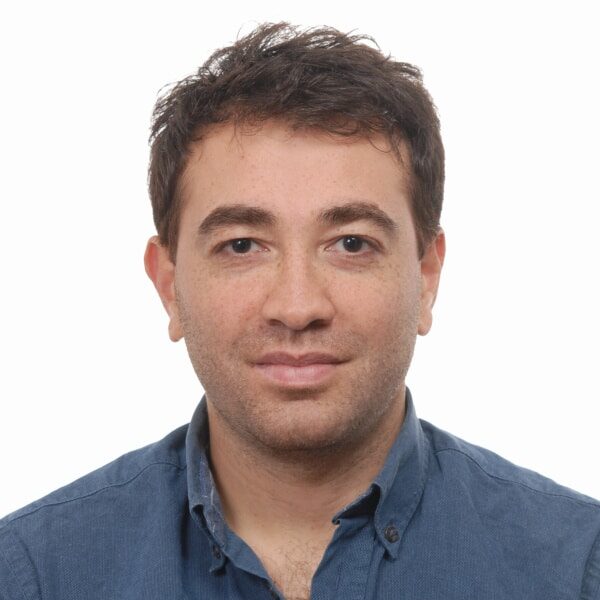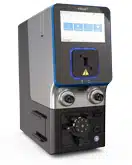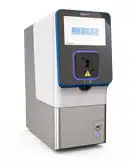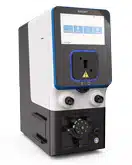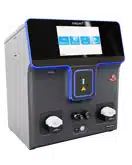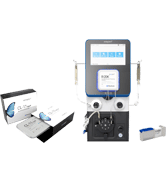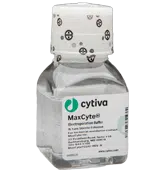Presentation: Homology-independent targeted insertion (HITI) enables guided CAR knock-in and efficient clinical scale CAR-T cell manufacturing
This presentation was given during the Japan Genome Engineering Conference (JSGE) June 2023.
Abstract:
Chimeric Antigen Receptor (CAR)-T cell therapies have become an effective therapeutic option for some patients with B cell and plasma cell malignancies and could disrupt the therapeutic landscape of solid tumors. However, access to viral vector engineered CAR-T cell therapies faces significant challenges to meet clinical needs, in large part due to high cost and long lead times for manufacturing GMP vector . Therefore, moving to a non-viral gene delivery platform for the manufacture of CAR-T cell therapies is a logical next step. Non-viral site directed CAR integration can be accomplished using CRISPR/Cas9 and double-stranded DNA (dsDNA) via homology-directed repair (HDR), however yields with this approach have been limiting for clinical application. We discuss here a targeted but HDR-independent approach for the manufacture of CAR-T cell therapies.
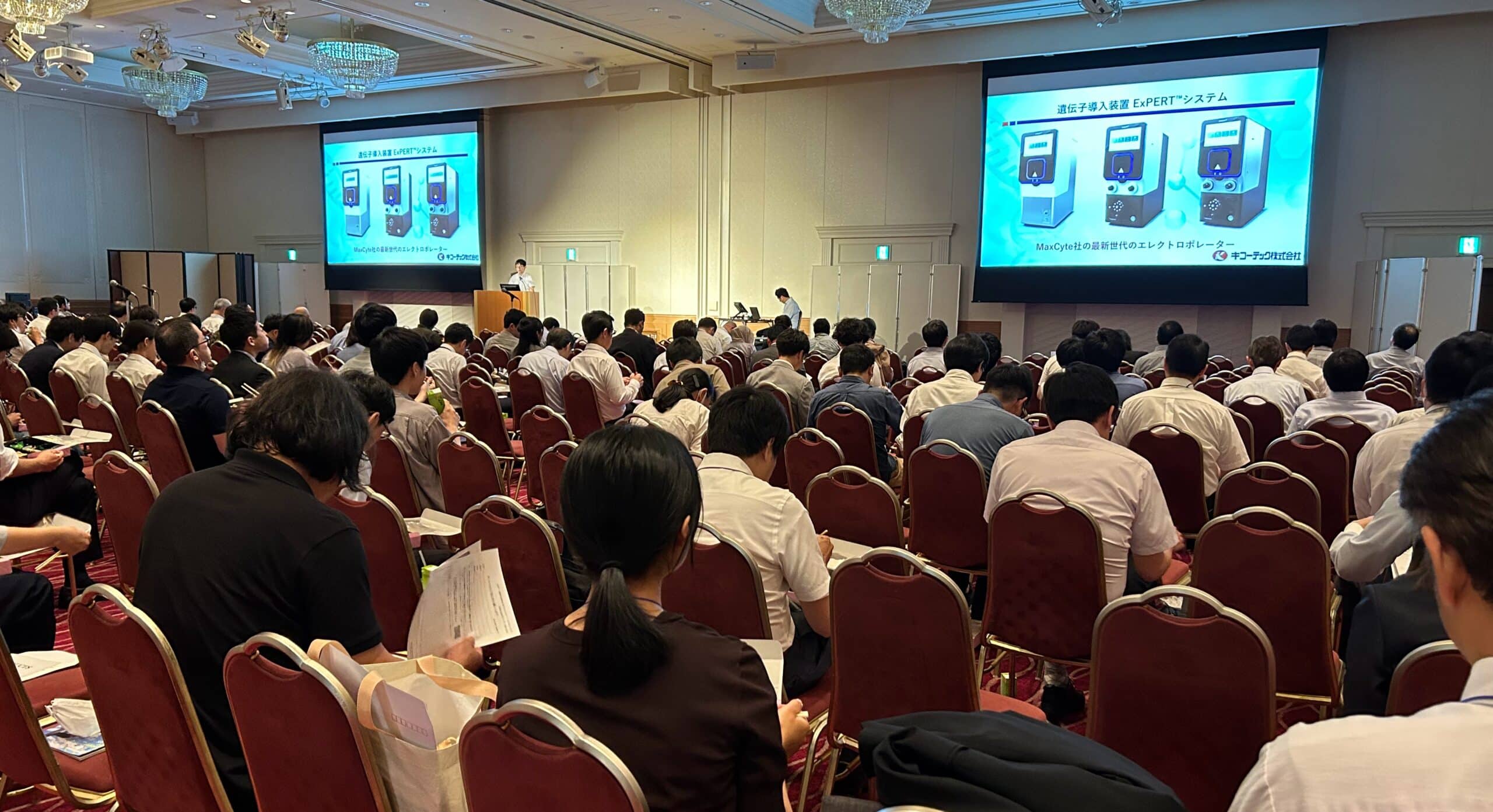
Watch Presentation
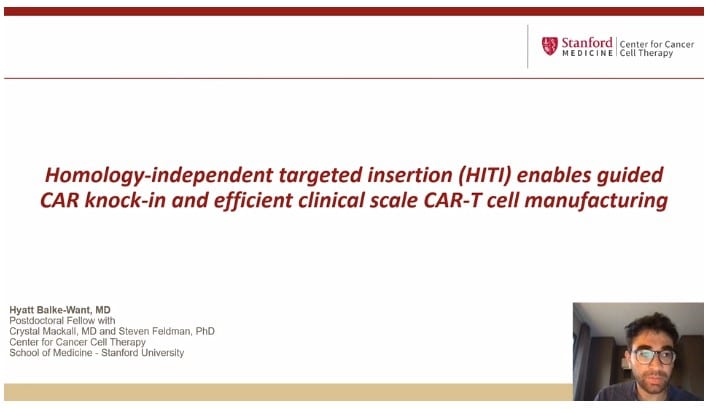
Presenter
